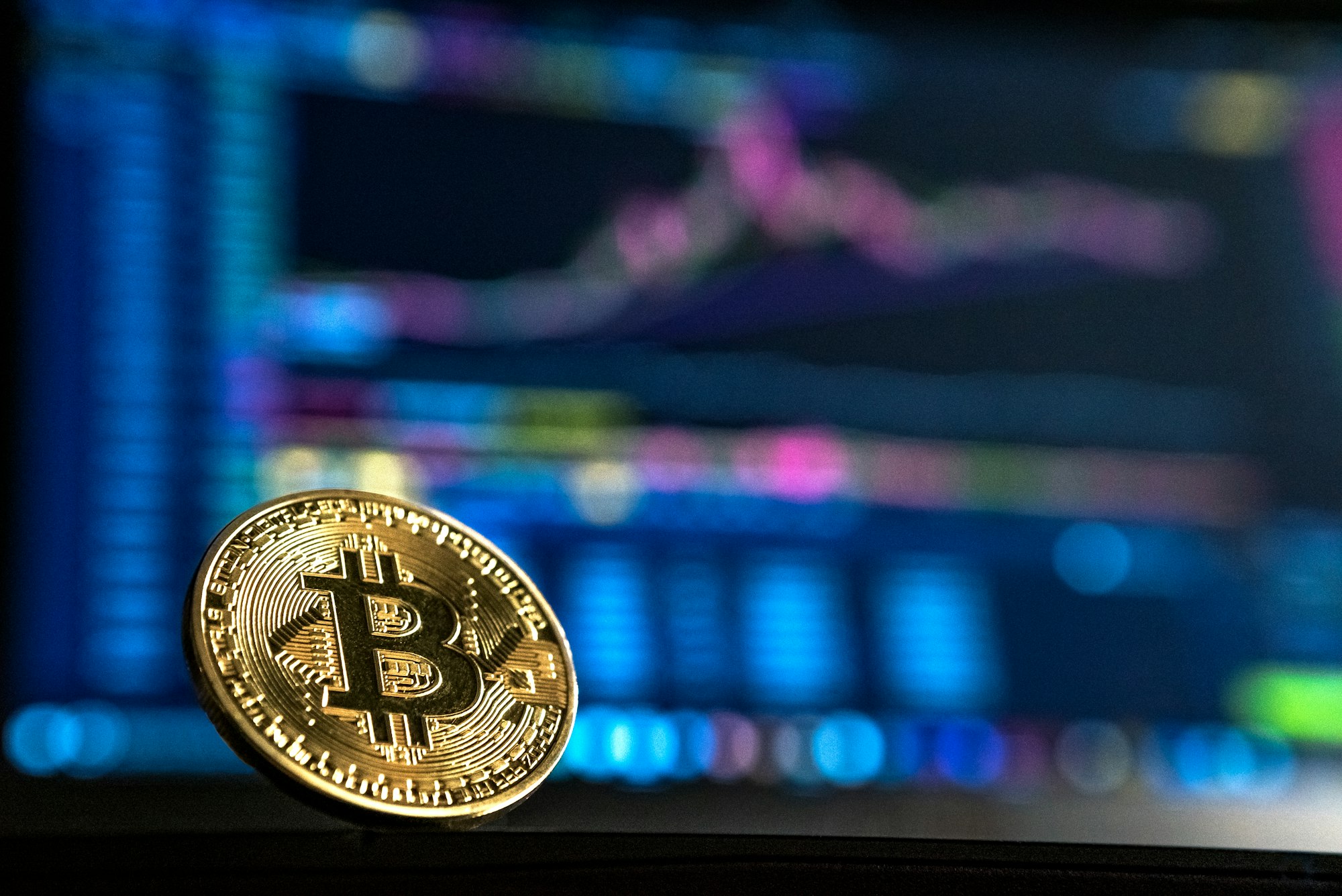Overall Crypto Market Cap Down To $1T from $3T At Its Peak
The first half of 2022 has been brutal for cryptocurrencies with the market losing hundreds of billions of dollars in value following weeks of turmoil.
Due to macroeconomic headwinds and rising interest rates, investors are moving away from the riskiest assets. But it could go beyond that as the current cryptomarket meltdown has often resembled to panic selling.
- In May, TerraUSD went into a death spiral after is failed to maintain its dollar peg leading investors to loose close to $40 billions
- Mid-June, Celsius, which is offering yields of up to 18.6%, said that it was freezing withdrawals "due to extreme market conditions" becoming yet another cryptocurrency project to go into a crisis
- Bitcoin has dropped 70% in value since its November high and now hovers around the $20,000 level
“For Celsius, like the rest of the crypto marketplace, there exists no regulatory oversight, no consumer protections, no net capital requirements [...] It’s not just the Wild West — it’s global financial anarchy” said John Reed Stark, a former SEC official
Crypto Hedge Fund Three Arrows Capital Defaults On Multimillion Loan Sparking Contagion Risks
Three Arrows Capital (3AC), one of the biggest crypto-focused hedge funds, has missed a payment on a loan totaling more than $670 million.
- On Monday morning, digital asset brokerage Voyager Digital published a notice indicating that 3AC had defaulted on a $350 million loan in USDC (a stablecoin pegged to the USD, and 15,250 bitcoin currently worth around $320 million
3AC has taken out sizable loans from numerous businesses and invested in a variety of different digital assets. Monday's default is generating additional contagion worries to the wider crypto market.
“What’s to be seen is whether there are any large, remaining players that had exposure to them, which could cause further contagion.” Vijay Ayyar, vice president of corporate development and international at crypto exchange Luno.
However, the cryptocurrency crash has so far not sparked any serious knock-off effects on the stock market.
- Because established banks, the pillars of the financial system that collapsed in 2008, do not hold digital assets on their balance sheets, the traditional financial system is comparatively well protected
- This is in contrast to 2008 when banks did hold toxic debt products associated with the housing market
"[...] it would be overplaying the role that crypto currently has in the economic and financial system if you were to think there could be systemic consequences for the wider financial system or even a global recession directly caused by crypto assets.", Teunis Brosens, head economist for digital finance ING
Decentralized Finance (DeFi) Facing Some Bumps And Bruises
Crypto loans in decentralized-finance apps that do away with middlemen like banks often require borrowers to put up more collateral than the loan is worth. This is necessary given the risk of accepting such assets.
- However, the current crypto market meltdown is sending loans that were earlier over-collateralized to suddenly become at risk of liquidation
- This process frequently occurs automatically in DeFi and has been made worse by the advent of traders and automated trading systems looking for methods to make easy money
DeFi is still a young technology. Crypto enthusiasts claim that an increasing number of blockchain networks, decentralized exchanges, and DeFi protocols are paving the way for the future. This is much like how the early days of the internet had a "Wild West" feel with basic chat rooms, rudimentary websites, and early online service providers.
“Right now, DeFi is sort of like when Google came out in the early 2000s,” says Dr. Merav Ozair, blockchain expert and a fintech professor at Rutgers Business School.
Disclaimer
Please note that this article does not constitute investment advice in any form. This article is not a research report and is not intended to serve as the basis for any investment decision. All investments involve risk and the past performance of a security or financial product does not guarantee future returns. Investors have to conduct their own research before conducting any transaction. There is always the risk of losing parts or all of your money when you invest in securities or other financial products.
Credits
Photo by André François McKenzie on Unsplash



